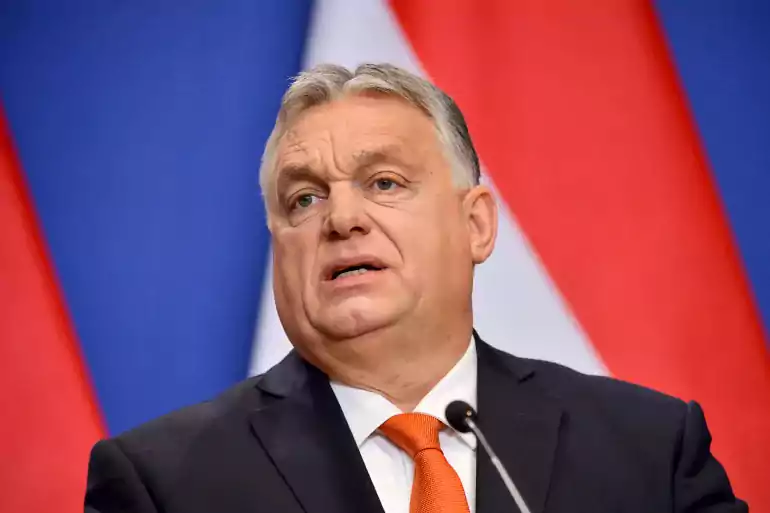Hungarian Prime Minister Viktor Orban has projected that Pakistan, China, Indonesia, and India will emerge as major global powers in the coming decades. In a speech delivered at a festival in Baile Tusnad, Romania, Orban outlined his vision of a global power shift from the West towards Asia and Russia.
Orban, a nationalist leader who has held office since 2010, forecast a major realignment in global influence, suggesting that Asia will become the dominant center of the world. “In the next long decades, maybe centuries, Asia will be the dominant centre of the world,” Orban declared. He emphasized that Pakistan, China, Indonesia, and India would play key roles in this transformation.
The Hungarian Prime Minister’s comments came during a televised address to ethnic Hungarians, where he also critiqued the West’s approach to international relations. Orban characterized the West as “irrational” and implied that Western policies had inadvertently strengthened Russia’s position on the global stage. He noted, “And we Westerners pushed the Russians into this bloc as well.”
Orban, whose country currently holds the rotating EU presidency, has been a vocal advocate for improved relations with both Beijing and Moscow. His recent surprise visits to Kyiv, Moscow, and Beijing have drawn criticism from some EU leaders, who view his stance as divergent from the broader EU consensus.
In his speech, Orban described Russia’s leadership as “hyper-rational,” contrasting it with what he perceives as the weakness of the West. He argued that Russia has demonstrated economic resilience and adaptability in response to Western sanctions imposed since its annexation of Crimea in 2014.
Addressing the European Union’s stance on Ukraine, Orban asserted that Ukraine’s aspirations to join the EU or NATO are unrealistic. “Ukraine will never become a member of the EU or NATO because we Europeans do not have enough money for that,” he said. He suggested that the EU should shift its focus from political ambitions to economic and defence concerns.










